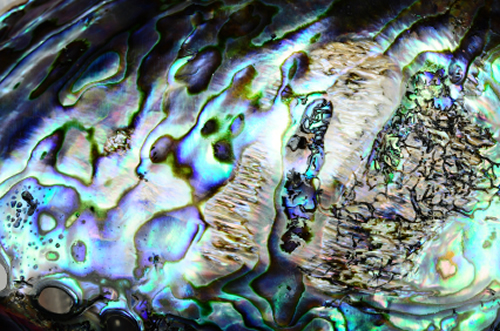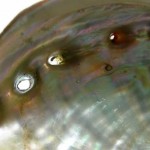The California Department of Fish and Game used a random checkpoint in Jenner, California, to confiscate abalone from divers who took more than their daily limit.
The Press Democrat reported that two dozen Fish and Game and state park rangers executed a checkpoint search on over 198 vehicles over the course of 4 1/2 hours on Wednesday. Divers were surprised and upset to say the least.
California Fish and Game officials have implemented several regulations in an attempt to deter over-fishing by abalone divers.
For example, Regulation 29.15 (C) states there is a daily limit of three abalone per individual and an annual limit of 24. Divers are only allowed to take the Red abalone. During each dive, an individual must tag each mollusk as it is caught and record the capture on a report card. Each abalone must be at least 7 inches in diameter. No diver is allowed commercially sell their catch.
The checkpoint strategy has always been a successful law enforcement tactic, as random checkpoints have increased drunk driver arrests and had significant impact in reducing drunk driving.
This week’s checkpoint on Northern California’s Highway 1 was successful as well. Abalone were confiscated from 38 individuals, and nearly 200 motorists were diverted off the road.
Divers were frustrated and did not want to surrender their catch.
However, divers claimed confusion over the rules and procedures. The “confusion” created a loophole as Fish and Game could not necessarily prove intent to break the law. Thus, only citations and fines were written to vehicles with catches over the limit.
Authorities also suspected “report doctoring” to increase the number of abalone. At least one out-of-state diver was quoted as saying that he would not return next year.
Fish and Game estimates that at least 264,000 abalone are taken each year. The black market price is $100 per each mollusk. Several divers said they would continue to seek their prey.
Northern Abalone face an uphill battle. Many find the mollusk to be a delicacy. The truth is that abalone have been over-fished, grow slowly, and reproduce infrequently.
Abalone populations will most likely continue to struggle.





